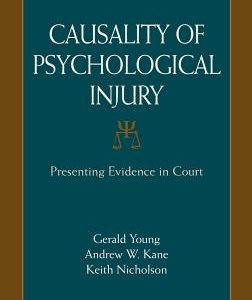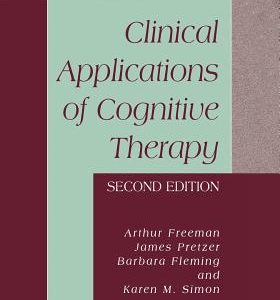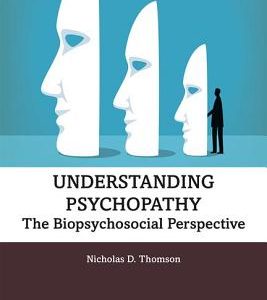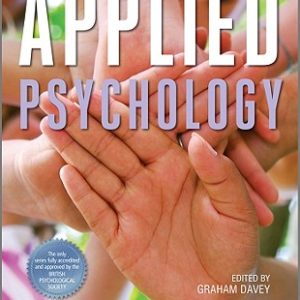Two Essays on the Philosophy of Mental Health: Reflections on the Hermeneutics of Psychopathology and Psychotherapy
$10.69
Description
In this book the authors propose a novel understanding of the meaning and treatment of psychopathology. They consider contemporary explanations of mental health problems such as cognitive distortion, impeded self-actualisation or unconscious conflict, and make the argument that these explanations are incomplete. Instead, they view psychological symptoms as expressing a ‘mixed reality.’ By ‘mixed reality’ they intend to emphasise that troubled thoughts, feelings and behaviour not only reflect disorder, but also contain a normalising or healing tendency – analogous to the healing tendency that is activated in any living organism which finds itself in a wounded state. In the interest of providing a context or framework for understanding this healing tendency, they investigate the philosophical underpinnings of the notions of normality and abnormality. They define normality in terms of the complementarity between the uniqueness of personal existence and the linking force of relationship, and see abnormality in terms of the breach of this complementarity. In view of this emphasis on ‘being’ and ‘relationship’ they consider various philosophical approaches to the question of how things ‘are’ in themselves and how they ‘relate’ to one another. In exploring these issues they examine, with particular attention, the works of three contemporary thinkers: Graham Harman, Kenneth Gergen and Kenneth Schmitz. This examination leads the authors to propose a personalist vision in which they understand the accord of ‘to be’ and ‘to relate’ as ontologically grounded. Moreover, they propose that the intelligibility of epistemological, moral/ethical and psychological dimensions of human experience depends on this ontological grounding. The complementarity or ‘trusted connection, ‘ which they consider to be at the basis of all human experience, becomes a key feature of their interpretive approach. They speak, therefore, of the priority of the hermeneutics of belief over the hermeneutics of suspicion. Theirs is a reversing, so to speak, of the approaches of Marx, Nietzsche and Freud, whom Paul Ricoeur has described as the ‘Masters of Suspicion.’ The authors’ emphasis on belief in trusted connection leads them to consider the differential status between the ontological dimension of human experience, on the one hand, and the epistemological, moral/ethical and psychological dimensions of that experience, on the other. They view the realities pertaining to the healing effect of trusted connection as having an ontological priority over, and influence upon cognitive, moral and psychological concerns. They speak of the ‘horizontal’ structure of the former and the ‘vertical’ structure of the latter, and focus on an essential compatibility between horizontal and vertical. They see an ‘original normality’ implied by the ontological foundation of this compatibility; however, in view of their emphasis on the healing of breach, they do not simply entertain an idealistic vision of ‘original normality.’ They focus, rather, on the realistic potential of healing 1) the breach of complementarity, 2) the breakdown of hierarchy and 3) the incompatibility between the complementary and the hierarchical. In the framework they develop, the complementary has a normative influence on the hierarchical such that meaning has priority over power, service over dominance, co-operation over competition, wonder over control, truth over possession, etc…. And this is the case not only in times of harmonious adjustment, but also, if not especially, in times of struggle or difficulty. These considerations lead them to view the psychotherapeutic endeavour as a hopeful enterprise.
Author: Della Zazzera, Claude a, Author: Crowe, David J
Topic: Psychology
Media: Book
ISBN: 994091001
Language: English
Pages: 266
Additional information
| Weight | 0.87 lbs |
|---|---|
| Dimensions | 9 × 6 × 0.6 in |













Reviews
There are no reviews yet.